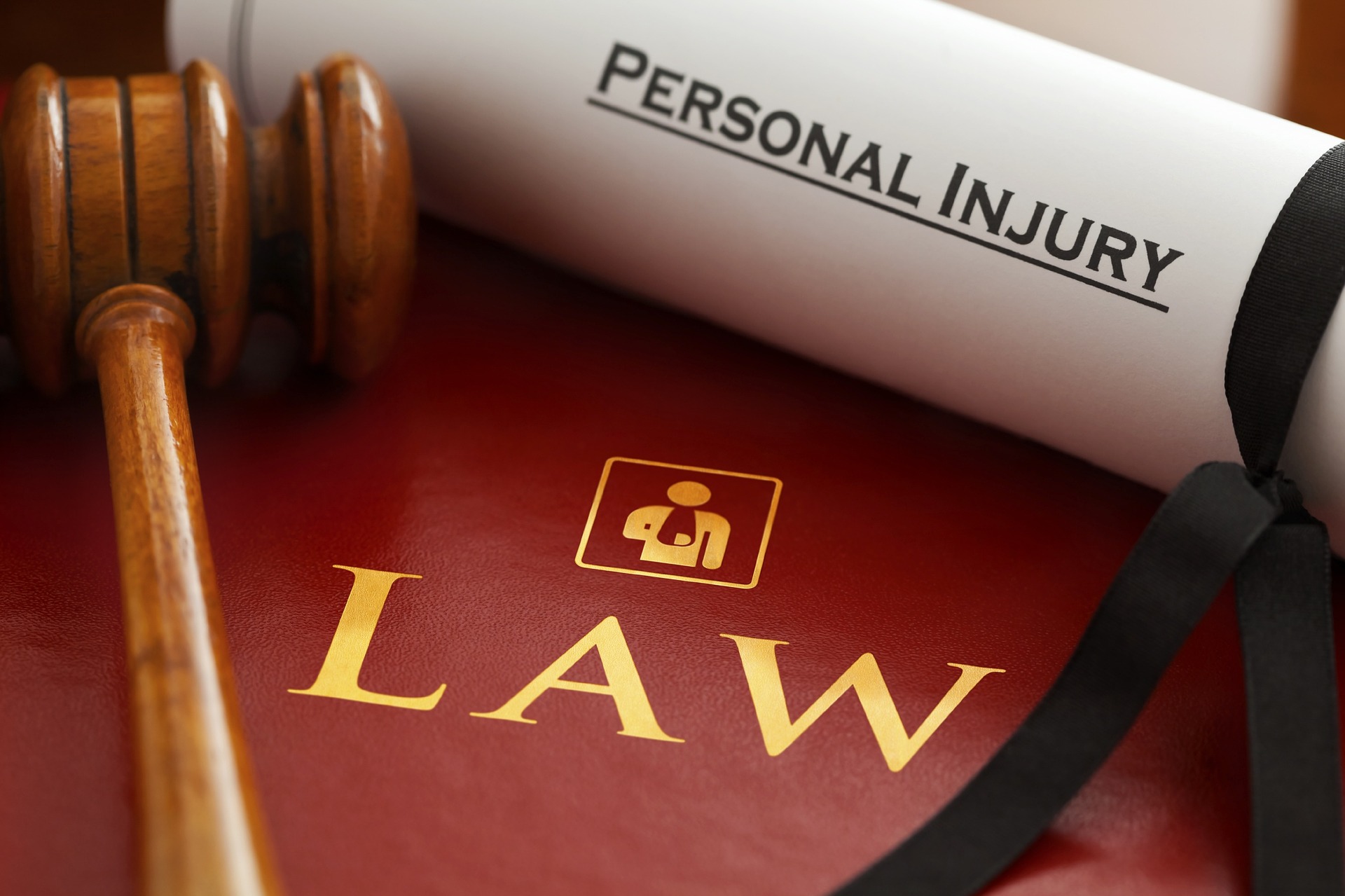There are medical conditions that the Social Security Administration lists explicitly, and they can include both mental and physical conditions. The listing manual where all the disabilities can be found is called the Blue Book, and it has various tests, limitations, and symptoms that applicants should have to meet to get the benefits. Read more about the benefits on this page here.
If an individual meets the criteria on the Blue Book, they will automatically become qualified for the SSI or social security income or SSDI or social security disability insurance benefits. When the applicants meet the criteria on the list, they need to show the limitations that prevented them from adjusting to their new work or doing their previous job through documentation and medical reports.
Medical Impairment Present in the Listing
- Joint injuries, back pain, and other musculoskeletal issues
- Cardiovascular conditions such as coronary artery diseases or heart failures
- Speech and sense issues like loss of vision or hearing
- Respiratory problems involving asthma, cystic fibrosis, and chronic obstructive pulmonary disease
- Parkinson’s disease, multiple sclerosis, epilepsy, cerebral palsy, and other neurological disorders
- Anxiety, intellectual disorders, autism, depression, and other mental disorders
- HIV, AIDS, rheumatoid arthritis, lupus, and other immune system issues
- Skin disorders like burns, dermatitis, or soft tissue injuries
- Problems with the digestive tract like inflammatory bowel diseases or liver diseases
- Genitourinary problems or kidney diseases
- Cancer
- Blood disorders like bone marrow failure or sickle cell anemia
If you have a disability listed in the SSA’s list of impairments, the first thing you need to do is get a physician who can confirm and diagnose your medical condition. However, you will not automatically get approval after the diagnosis. You need to apply first, and this is where a Deland SSD lawyer can be helpful. They will help you know all the benefits you are entitled to, submit completed forms on your behalf and make appeals when the application gets rejected. There are a few conditions that automatically get approved, such as:
- You have Lou Gehrig’s disease or ALS
- Conditions that need kidney, liver, or another organ transplant
- Severe cancer like mucosal melanoma, esophageal cancer, small-cell carcinoma, anaplastic carcinoma of the thyroid gland (cancer of the ovaries, prostate, lungs, bladder, intestines, pleura, or breast.
For any other conditions, the Social Security Administration will look for medical records and diagnoses to determine if you meet a specific criterion for an impairment. They will look for test results or x-ray results and blood tests for more information. The criteria may involve limitations on your cognitive or physical abilities. Some of the listing requirements may be complicated. There are illness-specific articles that can simplify the listings so patients can understand whether they can qualify for disability benefits.
If you have not done any lab tests that are required on a specified listing, you can always ask a certified physician to perform them for you. There is also an option to wait for the SSA to pay for the consultative exam on your behalf but know that this will take longer. It is always a better option if all the required medical records are already attached to your application forms before applying. This way, you can check the results if you meet the listing requirements.
Does Your Medical Condition Need to Match a Listing?
Applicants who are filing for the SSD benefits will not need to be precise with the requirements to get approval. They do not need to have the same illness or condition before they can get the benefits. Instead, it is the SSA that considers all the aspects regarding your current condition and determines if it’s medically equivalent to the disability listing. According to the recent statistics, only 6% equaled a listing, and 37% “met” a listing.
On the other hand, you can be eligible for disability benefits if your condition is not “equal” to the medical listing’s criteria. Suppose your condition can limit your entire functioning so much that you will not be able to work.
In that case, there is the SSA’s consideration of the effect of your condition and how it is going to affect your work routine and daily activities. The personnel will then determine if there is something that you can do safely based on your current condition. This is termed as a “qualifying” vocational for disability benefits.
An applicant does not necessarily have to experience a listed impairment before they can get awarded the benefits. As an example, some headaches or migraines are not necessarily included in the “Blue Book.” Learn more about claiming disabilities due to headaches here: https://www.medicalnewstoday.com/articles/migraine-disability.
However, if these headaches are well-documented and are severe enough, this will enable the applicants to get disability benefits because their condition makes it impossible to work at a full-time job.
One of the key essentials for those who have a condition that is not in the listing includes meeting the following conditions:
- Have a “medically determinable impairment.”
- The condition should reduce the residual functional capacity of the individual. This should be more than enough that they cannot get things done or do any jobs at all.
Social Security will determine your residual functional capacity by looking at the amount that you can carry or lift and how long you can stand or walk. The agency will then assign you to an exertional level of sedentary, light, medium, or heavy. If your exertional level does not allow you to do work that you’re well-suited for, you will have a chance of qualifying for the vocational benefits in Deland.
Other common impairments that are not necessarily listed in Social Security’s blue book may include:
- Carpal tunnel syndrome
- Fibromyalgia
- Degenerative disc disease
- Reflex sympathetic dystrophy
- Celiac disease
- Chronic regional pain syndrome
If you have any of the above conditions, there is a chance that you may get approved into the SSI and SSDI qualifying disabilities. Some may have higher chances of getting approval than others. The conditions that stand a chance of getting approved include some types of cancers and multiple sclerosis. Others who have joint diseases or respiratory disorders may find themselves a priority on the list. You can consult an expert in Deland to know more about these.
Read Also:























